Out Now
The AI Issue
Current Issue
The AI Issue
OCT - NOV 2025

In places subject to extreme conditions, the right product choice is essential. We get the lowdown from two suppliers who are adept at understanding the conditions.
 |
 |
|
| OUR PANEL |
Shuai Wang Quality Director, Prysmian Group |
James Headley General Manager, CBI-Electric Australia |
| How much of an effect do extreme weather conditions have on product performance and use? |
The impact of extreme weather on cable performance is huge. Extreme weather can damage the cable completely (wind, hail) or cause potential long-term degradation, which is even more dangerous (water ingress, high temperature) for the end user. |
It can have a significant effect depending on where the product is installed. If you had a thermal breaker in an outdoor enclosure, you’d have to derate it, and if it was in full exposure to the sun and got up to 60°C and beyond inside the cabinet, there’s a good chance it could start nuisance tripping. |
| What are some examples of this in relation to the products you produce? |
Heat can make a TPS cable degrade faster, especially when installed between insulation boards in a roof area. We have created a new recipe of PVC to make the product more stable in order to suit this kind of application. Called non-migratory TPS cable, it can be installed between the insulation boards, will not cause any leakage of the plasticiser and keep the circuit safe. |
The vast majority of MCBs and RCBOs are thermal magnetic, which means they are affected by ambient temperatures due to the operating principle being reliant on a bi-metal strip. Our QF and SFM range of products use hydraulic magnetic technology, meaning the trip point is not affected by ambient temperatures and always carry 100% of the rated load. |
| What testing do you do to ensure products are capable of withstanding those extreme conditions? |
Thermal analysis, such as an ageing test, is critical for high-temperature endurance. Besides the standard testing, we also design and customise the testing to simulate the application condition. We have designed the test to evaluate the PVC plasticiser migration to the insulation board with certain conditions to make sure that our non-migratory TPS cable is suitable. |
We have our own NATA equivalent approved test lab at our head office in South Africa and also use third-party labs like TÜV to conduct tests to Australian standards. The ranges that use hydraulic magnetic technology are tested to operate at the 85°C and are also extensively tested for humidity, shock and vibration. |
| How should contractors assess what products are required when working in areas prone to extreme weather? |
It depends on the application condition. For example, if you need protection from impact, water ingress or extreme temperatures, the installation condition can restrict the product selection. Contractors need to find the right product for each application as a starting point. |
They should first check the operating temperature of a RCBO or MCB. When a cabinet is going to be exposed to the sun (not under an eve, awning or having double skin) you’re going to have ambient temperature that increases the internal temperature of the cabinet, so you need a product that’s going to last and typically be unaffected by ambient temperature. |
| What are the risks of using a product that’s not capable of withstanding those conditions? | Not using cabling designed for the conditions can cause a potential electrical failure, which is highly likely to be a starting point of a fire incident. |
Nuisance tripping, downtime and call out fees to remote sites. The conditions we are discussing here are not too common on a day to day install and we use our own thermal magnetic range. However, when faced with known extreme conditions we will always recommend the Hydraulic Magnetic based on the product’s ability to withstand extreme heat and cold. |
Keep up to date with our latest news and competitions by subscribing to our regular newsletter.
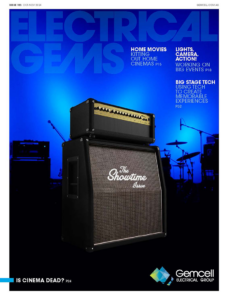
Issue 183
OCT - NOV 2024
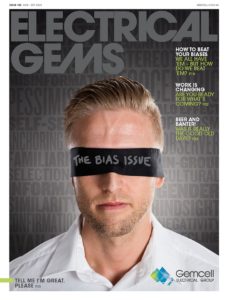
Issue 182
AUG - SEPT 2024
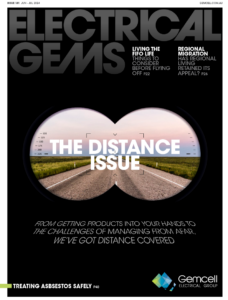
Issue 181
JUN - JUL 2024
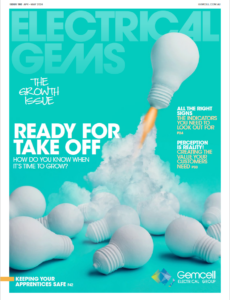
Issue 180
APR - MAY 2024
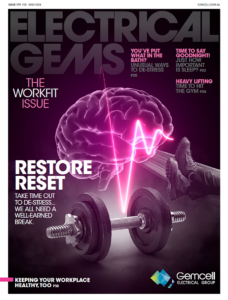
Issue 179
FEB - MARCH 2024
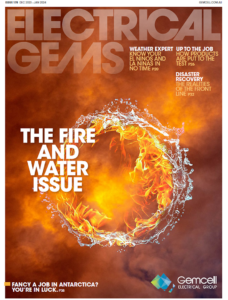
Issue 178
DEC 2023 - JAN 2024
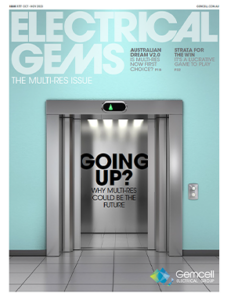
Issue 177
OCT - NOV 2023
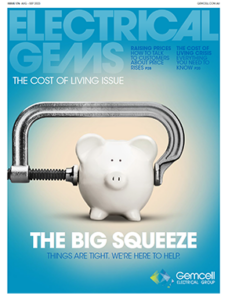
Issue 176
AUG - SEPT 2023
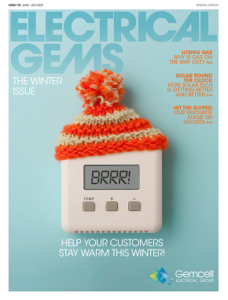
Issue 175
JUN - JUL 2023
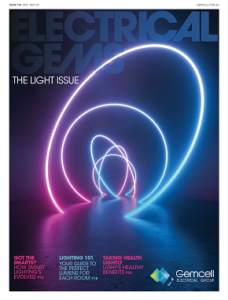
Issue 174
APR - MAY 2023
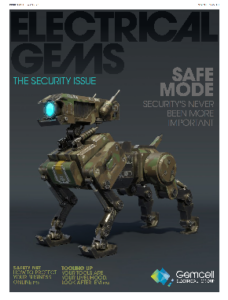
Issue 173
FEB - MAR 2023
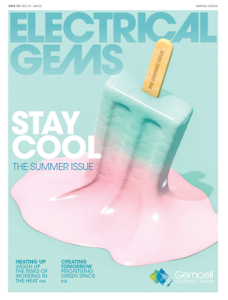
Issue 172
DEC 2022 - JAN 2023
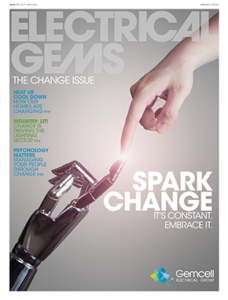
Issue 171
OCT - NOV 2022
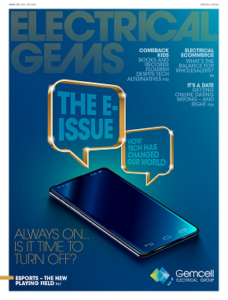
Issue 170
AUG - SEPT 2022
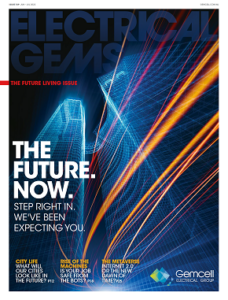
Issue 169
JUN - JUL 2022
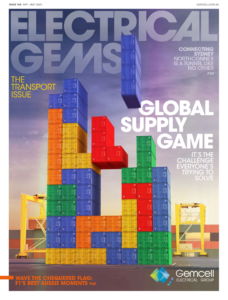
Issue 168
APR - MAY 2022
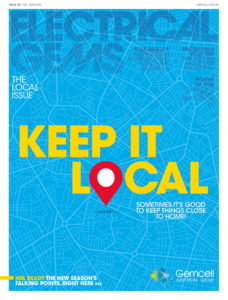
Issue 167
FEB - MAR 2022
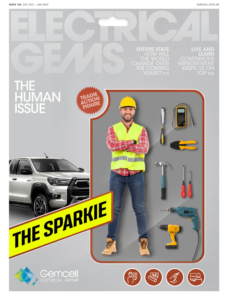
Issue 166
DEC 2021 - JAN 2022
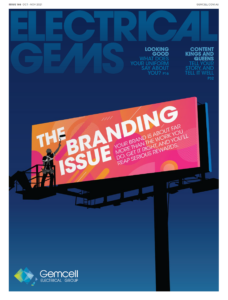
Issue 165
OCT - NOV 2021

Issue 164
AUG - SEPT 2021
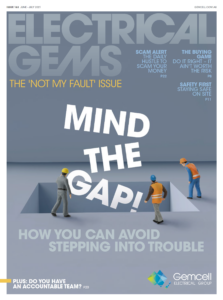
Issue 163
JUN - JUL 2021
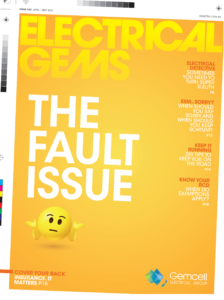
Issue 162
APR - MAY 2021
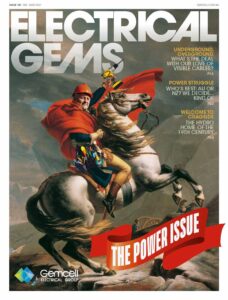
Issue 161
FEB - MAR 2021
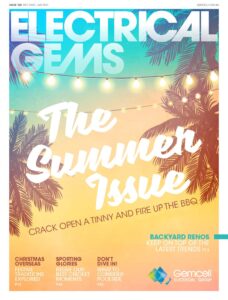
Issue 160
DEC 2020 - JAN 2021
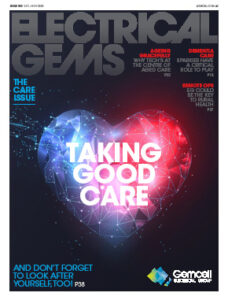
Issue 159
OCT - NOV 2020
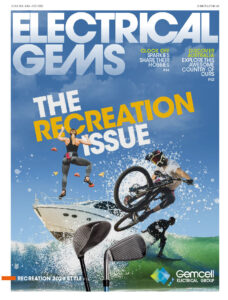
Issue 158
AUG - SEPT 2020
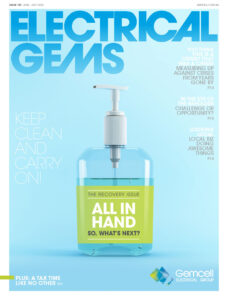
Issue 157
JUN - JUL 2022
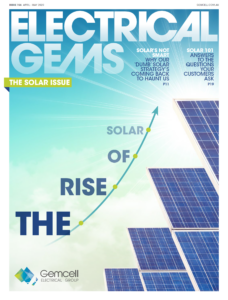
Issue 156
APR - MAY 2020
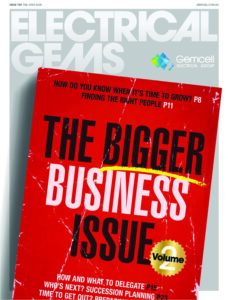
Issue 155
FEB - MAR 2020

Issue 154
DEC 2019 - JAN 2020
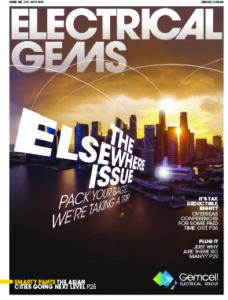
Issue 153
OCT - NOV 2019
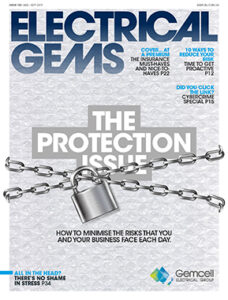
Issue 152
AUG - SEPT 2019
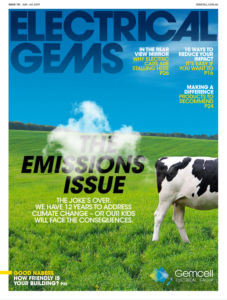
Issue 151
JUN - JUL 2019
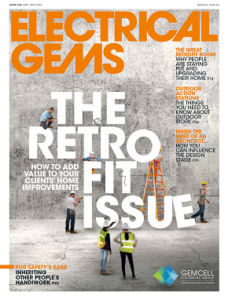
Issue 150
APR - MAY 2019
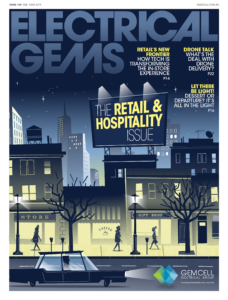
Issue 149
FEB - MAR 2019
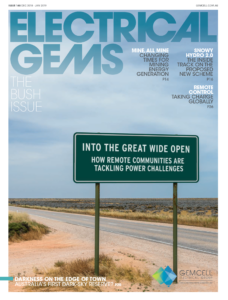
Issue 148
DEC 2018 - JAN 2019
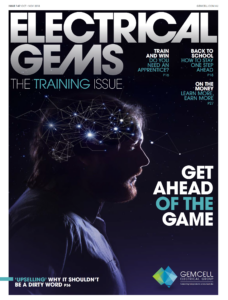
Issue 147
OCT - NOV 2018
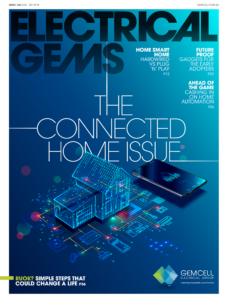
Issue 146
AUG - SEPT 2018

Issue 145
JUN - JUL 2018
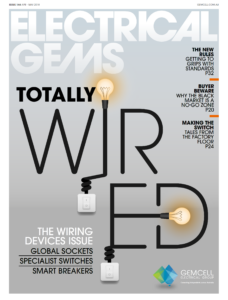
Issue 144
APR - MAY 2018
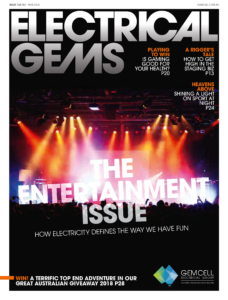
Issue 143
FEB - MAR 2018
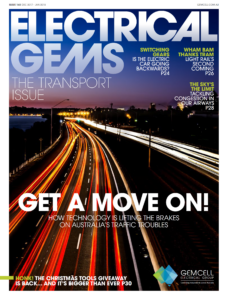
Issue 142
DEC 2016 - JAN 2017
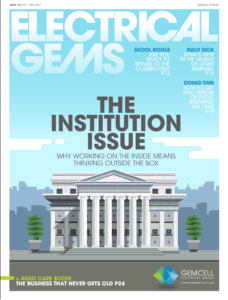
Issue 141
OCT- NOV 2017
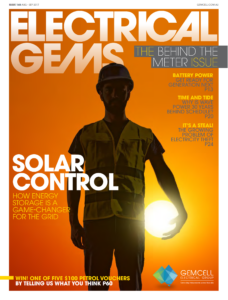
Issue 140
AUG - SEPT 2017
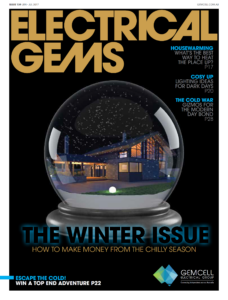
Issue 139
JUN - JUL 2017
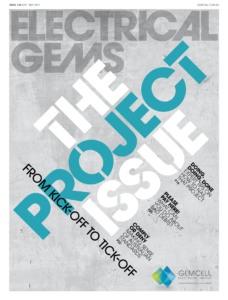
Issue 138
APR - MAY 2017
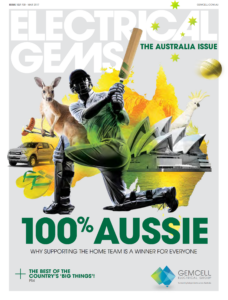
Issue 137
FEB - MAR 2017
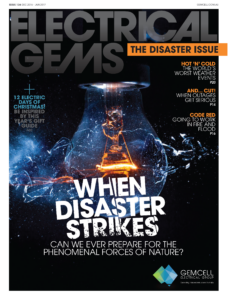
Issue 136
DEC 2016 - JAN 2017
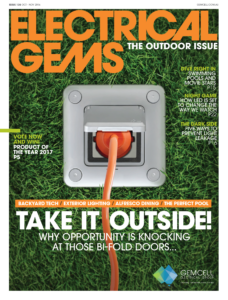
Issue 135
OCT - NOV 2017
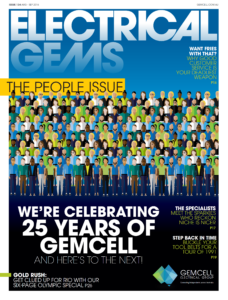
Issue 134
AUG - SEPT 2016
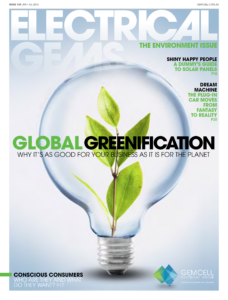
Issue 133
JUN - JUL 2016
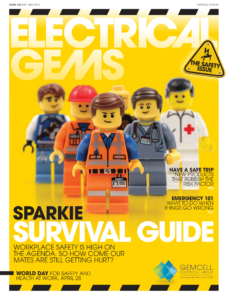
Issue 132
APR - MAY 2016
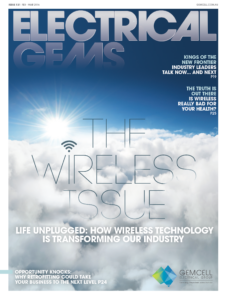
Issue 131
FEB - MAR 2016
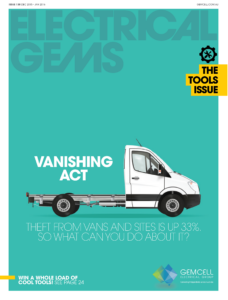
Issue 130
DEC 2015 - JAN 2016
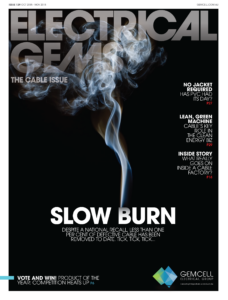
Issue 129
OCT - NOV 2015

Issue 128
AUG - SEPT 2015
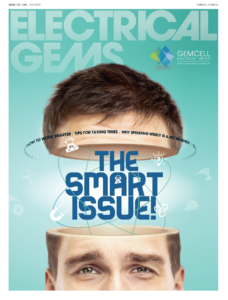
Issue 127
JUN - JUL 2015
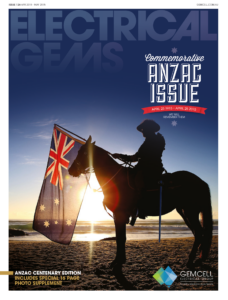
Issue 125
APR - MAY 2015
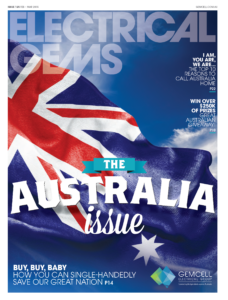
Issue 125
FEB - MAR 2015
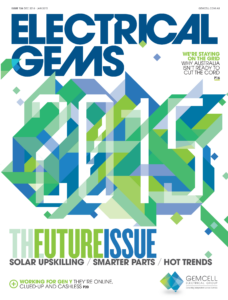
Issue 124
DEC 2014 - JAN 2015
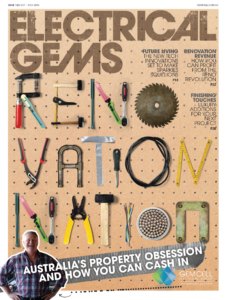
Issue 123
OCT - NOV 2014
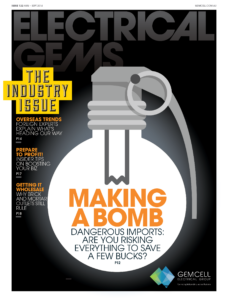
Issue 122
AUG - SEPT 2014
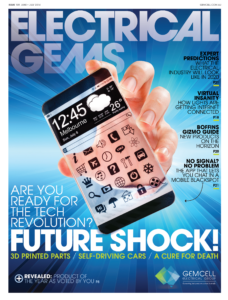
Issue 121
JUN - JUL 2014
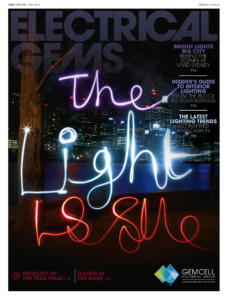
Issue 120
APR - MAY 2014
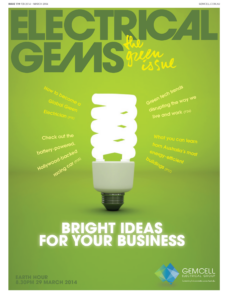
Issue 119
FEB - MAR 2014
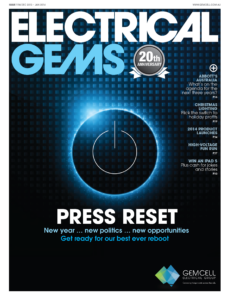
Issue 118
DEC 2013 - JAN 2014
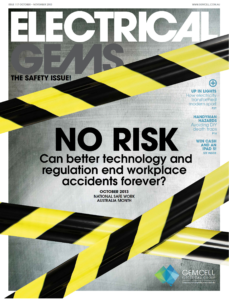
Issue 117
OCT - NOV 2013
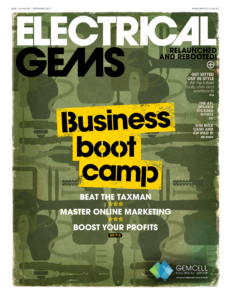
Issue 116
AUG - SEPT 2013

Comments (0)
Write a Comment